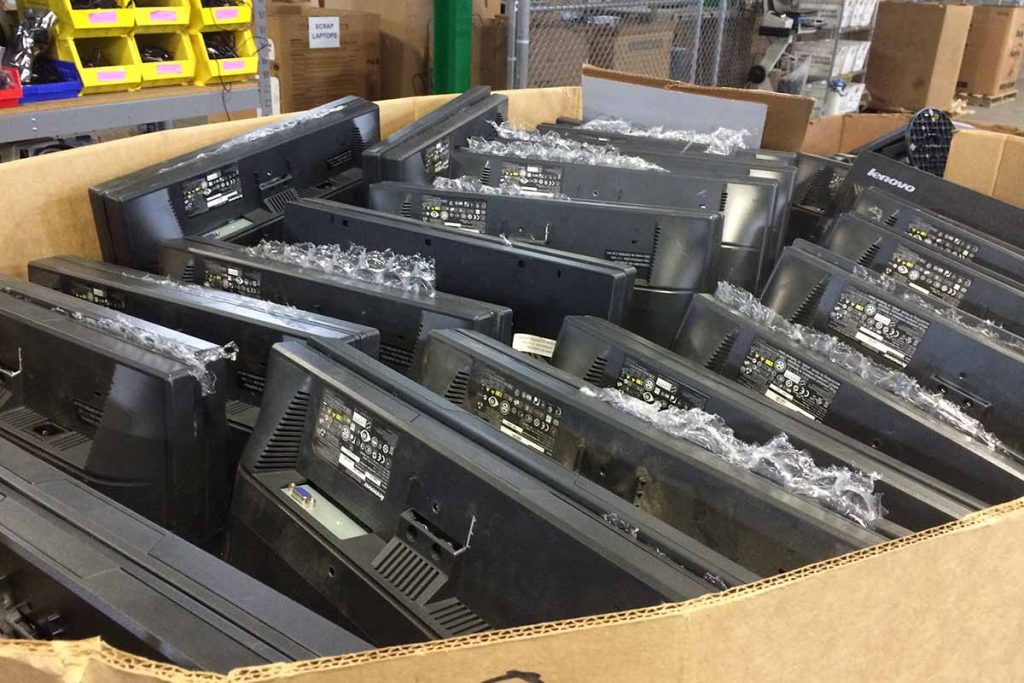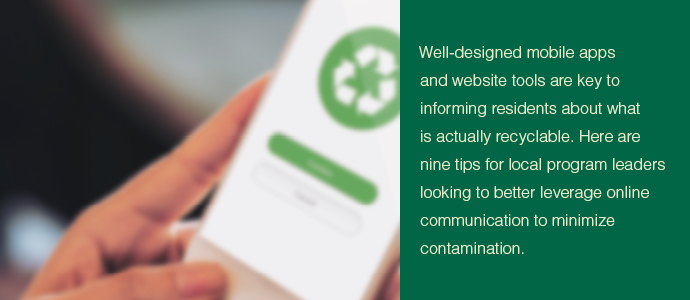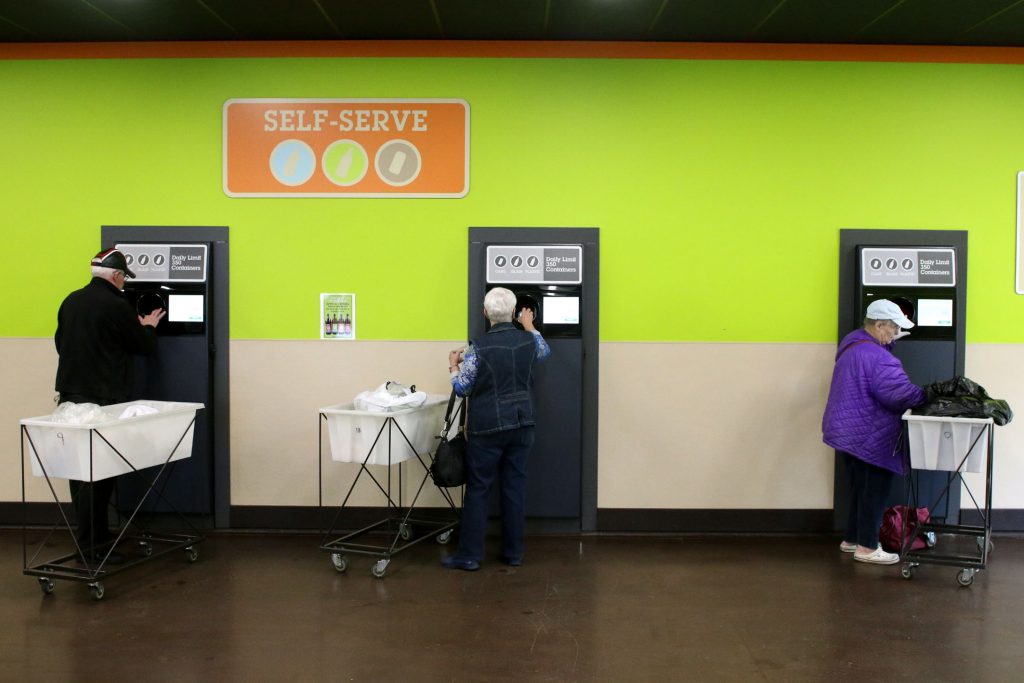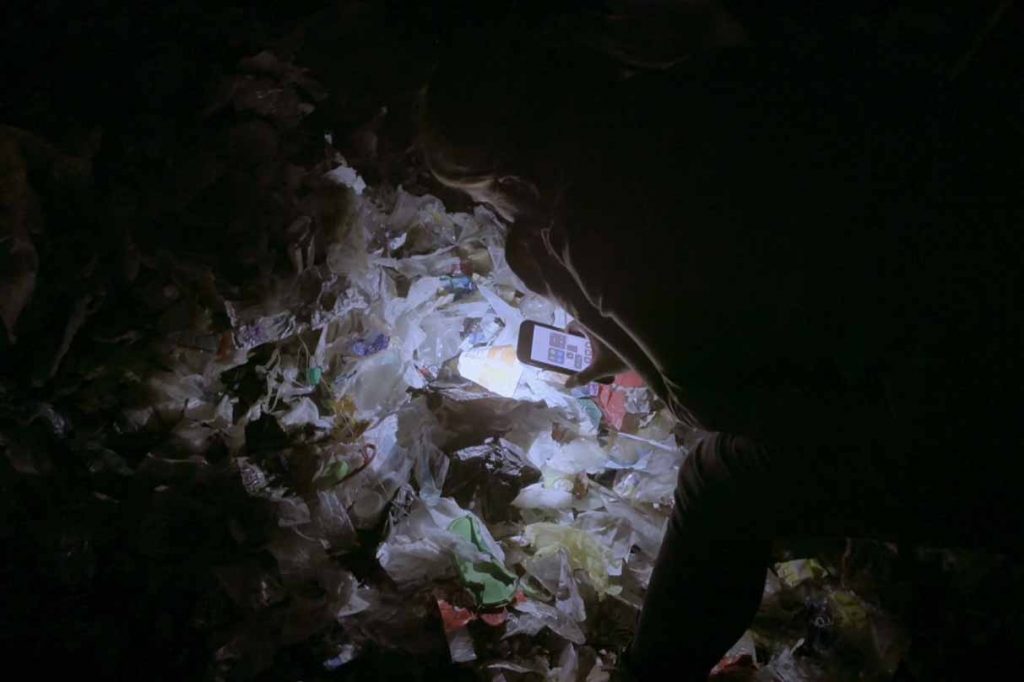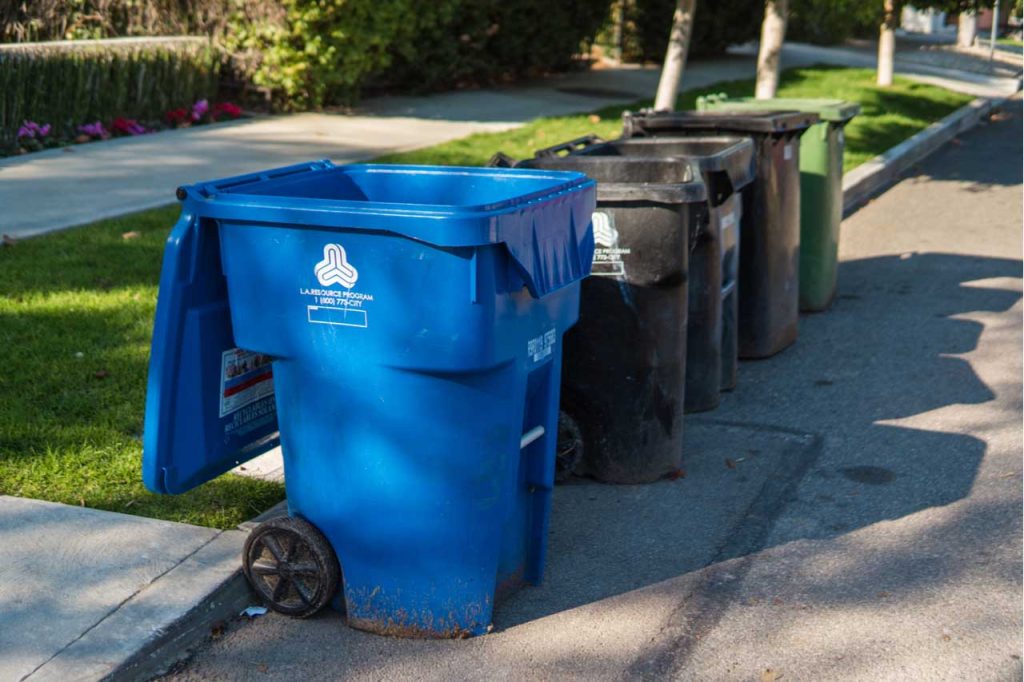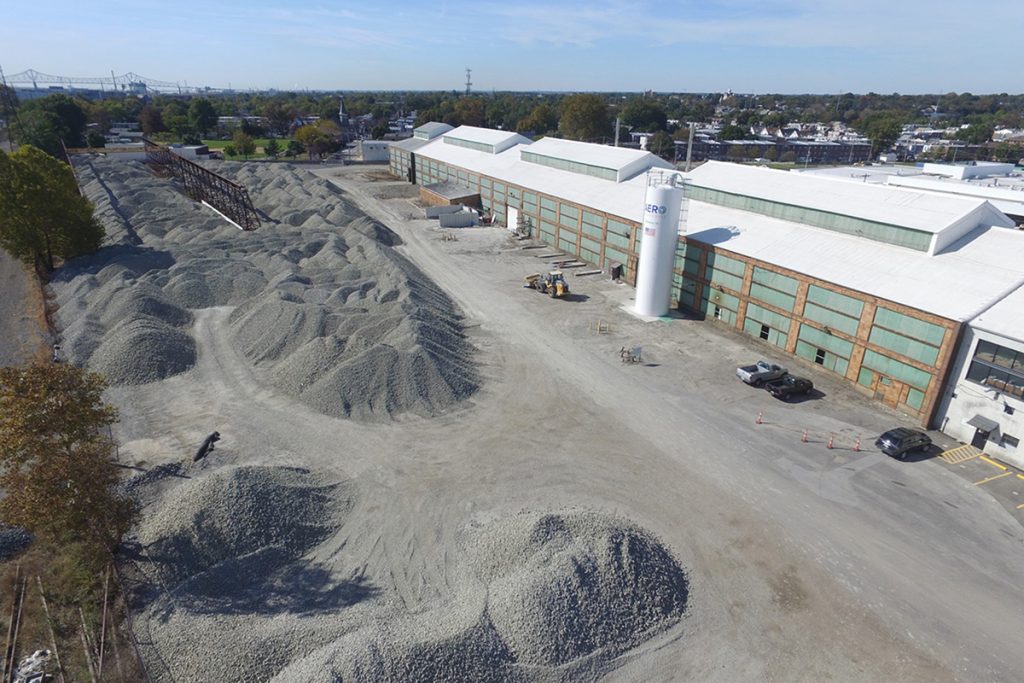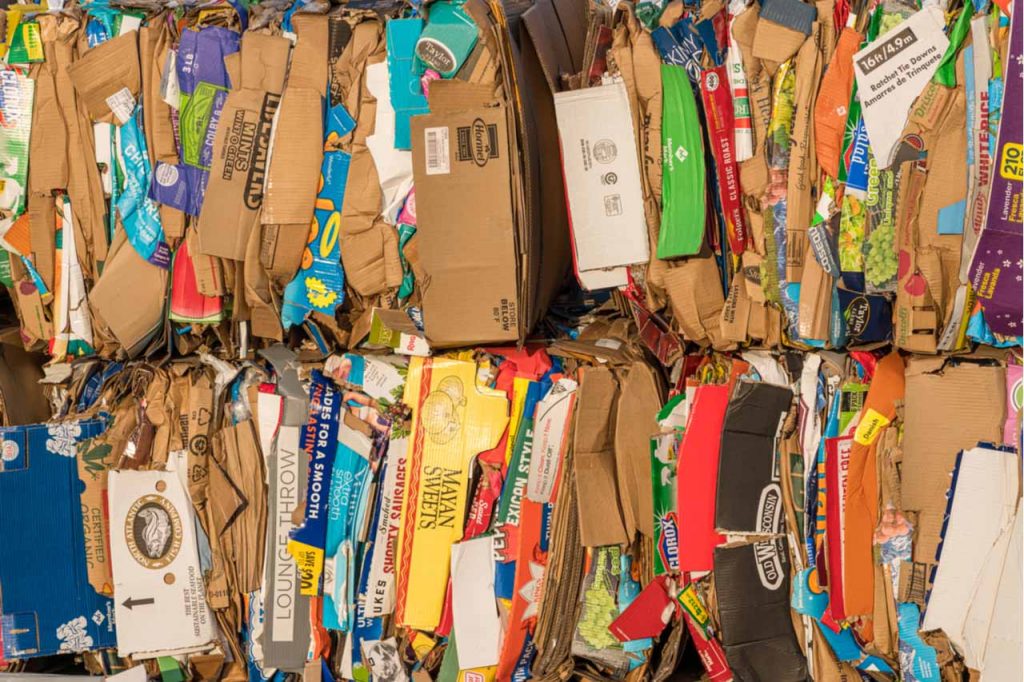
Sonoco’s converted South Carolina machine will have a capacity of about 180,000 tons per year of recycled paperboard. | Steve Heap/Shutterstock
A major end user of recovered fiber will spend $83 million to retool operations in South Carolina and Wisconsin. But the move comes as the company closes a recycled paperboard mill in Canada.
Continue Reading


 The value of OCC increased by 62% over the past month, reaching its highest level in 20 months. Meanwhile, curbside metal prices have taken a dive.
The value of OCC increased by 62% over the past month, reaching its highest level in 20 months. Meanwhile, curbside metal prices have taken a dive.